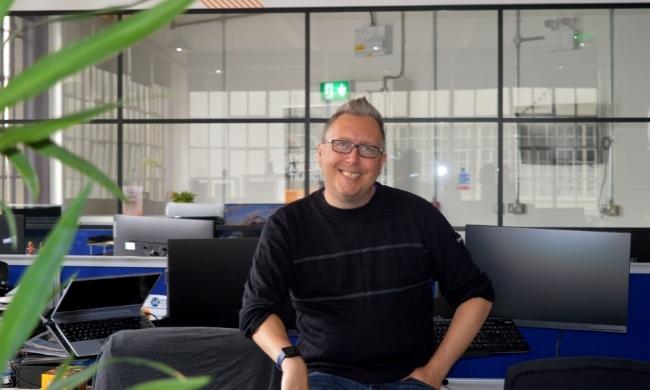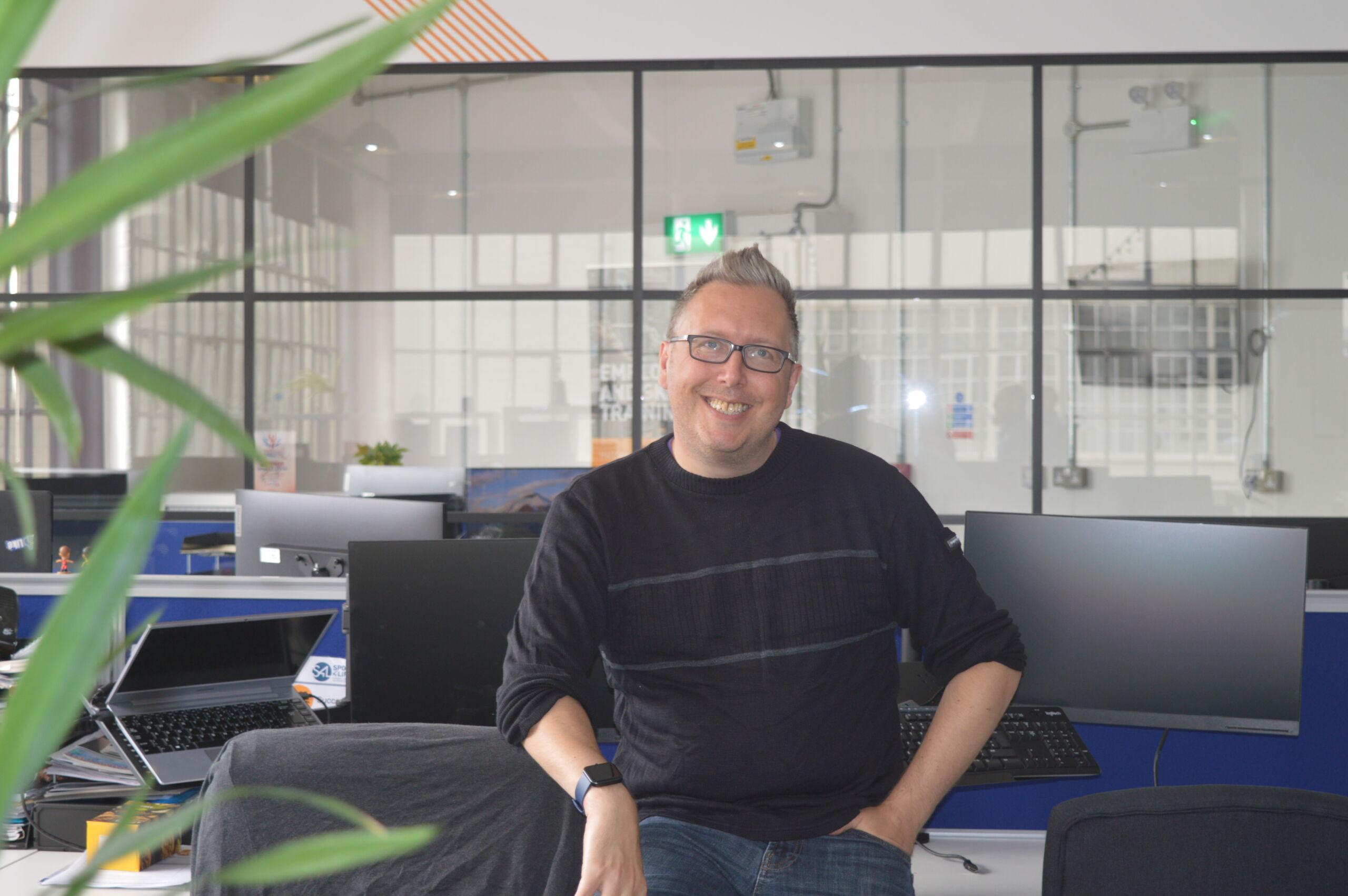Back in 2018 I encountered an author by the name of Brené Brown – she had previously been recommended to me by a number of my peers and she had gained a large online following after presenting a Ted talk online. I watched the YouTube video with interest and she left a lasting impression on me. I wanted to take the opportunity to talk a little about this today and reflect on some of her main points which have been valuable both in personal life and also my profession.
The word vulnerability evokes many different feelings for people. Whenever I bring it into the counselling room often the reaction from my client is one of discomfort or mild horror that I could even suggest a thing was part of their lives. On reflection this makes a lot of sense, we often associate vulnerability with weakness and being taken advantage of by less well-meaning individuals.
But what if I was to tell you that vulnerability is actually one of the most powerful and profound experiences we can have as a human being? I imagine that many of you might scoff at this idea and would immediately dismiss me as being an idealistic or foolish in my outlook on life, but bear with me as I explain my perspective and perhaps help change your mind.
How often do we wish the world and the people in it were more “real” or more authentic? There are times in my life when I have wished I could cast off the shadow of fear I hold onto and be truly myself no matter what. Often this isn’t the case, and we find ourselves frustrated how easily we fall back into safe routines and ways of coping. There has always been a small hurdle that had held us back and often that hurdle is that fear in our hearts that if we show ourselves for who we really are, then something terrible might happen – that who I really am just isn’t good enough, perhaps I should be ashamed of that – I feel guilty even thinking of myself as important or valuable. I can’t say for certain exactly what that thing might be, but what ever it is it keeps me prisoner and beholden to the idea that safer is better.

Let me ask you a question, if showing up and being seen in an authentic way was considered courageous and powerful, would you be more willing to engage in this behaviour? Could you trust yourself enough to cope with having no control over the outcome of this? I would suggest that maybe your answer is absolutely not, we tend towards what are safe behaviours or things that keep you from harm. Perhaps then consider this, what things do you do to keep your from having to be authentic? – on reflection perhaps drinking, eating, sleeping, developing unhealthy coping mechanisms such as self-harming or drug use? The statistics on this are quite stark, we are among the most medicated, overweight and in debt generation by quite a large mark, in fact we will do anything humanly possible to not feel this way – while utterly convinced this is the right thing to do.
The reason behind all of this? A desire to numb ourselves. A desire to numb all the bad stuff, the guilt, the shame, the anger or frustration we experience – in my case mostly aimed at myself. The truth here is that we cannot selectively numb parts of ourselves, if that was the case, I wouldn’t have a job and everyone would be perfectly fine (what a terrible thought!) So we end up numbing our joy, our happiness and our ability to show up and be authentic with each other.
Brené Brown talks about how when we feel at our most vulnerable, we attempt to make the uncertain certain. This is an interesting message given the current social climate. We often cling to ideals about ourselves and other people because when we are scared of feeling vulnerable or uncertain, we use these things to define and often to defend ourselves. Imagine this…what would your life look like if you could accept both yourself and others, dispelling the need to change or curate the world around us – putting aside our judgements of others and replacing it with a desire to empathise, connect and understand. I can only imagine the amount of time, energy and effort I would save in my life if I could find the courage in my heart to be that way – I am not quite there yet, but I am working on it.
What I would like for you to consider is that it takes a huge amount of courage and heart to be authentic with other people. When we open a space in our heart and mind to welcome authenticity and vulnerability people will respond to that – within the counselling space it is often the first hurdle we will tackle together, “I don’t have to be the person you expect me to be.” – and that applies to me as well as my clients. The realisation that there is no expectation from me puzzles many, and I think that speaks volumes about how we have fallen into the trap of thinking I need to perform for you. In fact, we should celebrate someone’s vulnerability and authenticity whenever possible – taking off their mask and revealing their true self is a major step to reconnecting with themselves and others.
All relationships are built from two whole people, not two halves and when we bring that wholeness, openness and authenticity without expectation from others we empower ourselves. I feel as if we are all seeking that genuine connection but we are afraid that it won’t be well received and will leave us lonely and isolated from others. We all have work to do regarding this and there is no magic pill or any amount of alcohol we can drink to make this happen overnight. What I would encourage you to do on a daily basis is practise being authentic, showing the parts of yourself that maybe you feel uncomfortable with, by doing so you are not only dispelling your own shame and guilt about them but also inviting others to do the same. By daring greatly, we dispel the uncertainty and fear we all hold, we provide a space in our hearts and minds for the growth of others and connect with them in intimate, courageous, powerful and often unexpected ways.
By Stuart Yeates, Children and Young People IAPT Practitioner

